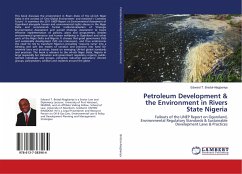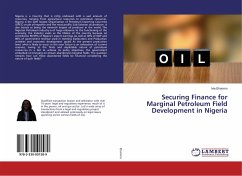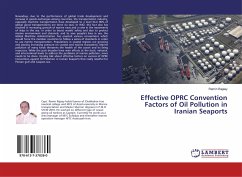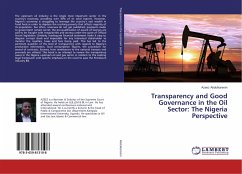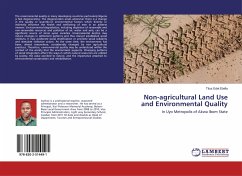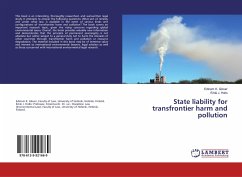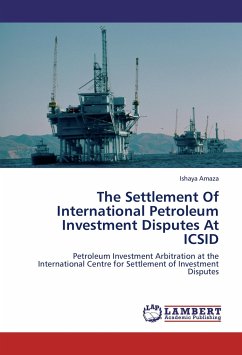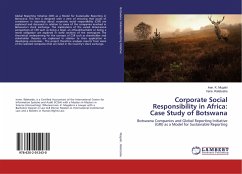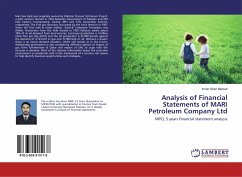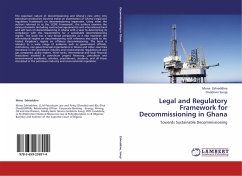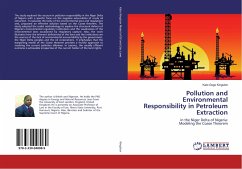
Pollution and Environmental Responsibility in Petroleum Extraction
in the Niger Delta of Nigeria: Modeling the Coase Theorem
Versandkostenfrei!
Versandfertig in 6-10 Tagen
49,99 €
inkl. MwSt.

PAYBACK Punkte
25 °P sammeln!
The study explored the vacuum in pollution responsibility in the Niger Delta of Nigeria with a specific focus on the negative externalities of crude oil extraction. It evaluates the laxity of the environmental laws and regulations and, proposed an effective solution based on the Coase theorem. The study adopted the realist methodology to explore the structural defects of Nigeria's environmental regulatory institutions and the weaknesses of the environmental laws occasioned by regulatory capture. Also, the work illustrates how the inherent deficiencies of the laws and the institutions are the s...
The study explored the vacuum in pollution responsibility in the Niger Delta of Nigeria with a specific focus on the negative externalities of crude oil extraction. It evaluates the laxity of the environmental laws and regulations and, proposed an effective solution based on the Coase theorem. The study adopted the realist methodology to explore the structural defects of Nigeria's environmental regulatory institutions and the weaknesses of the environmental laws occasioned by regulatory capture. Also, the work illustrates how the inherent deficiencies of the laws and the institutions are the sources of the lack of environmental accountability by the government, the Niger Delta peoples and the oil corporations. It emphasises that the bargaining model of the Coase theorem provides a fruitful approach to resolving the current pollution dilemma. In essence, the socially efficient outcome is achievable irrespective of the current holder of the land rights.



